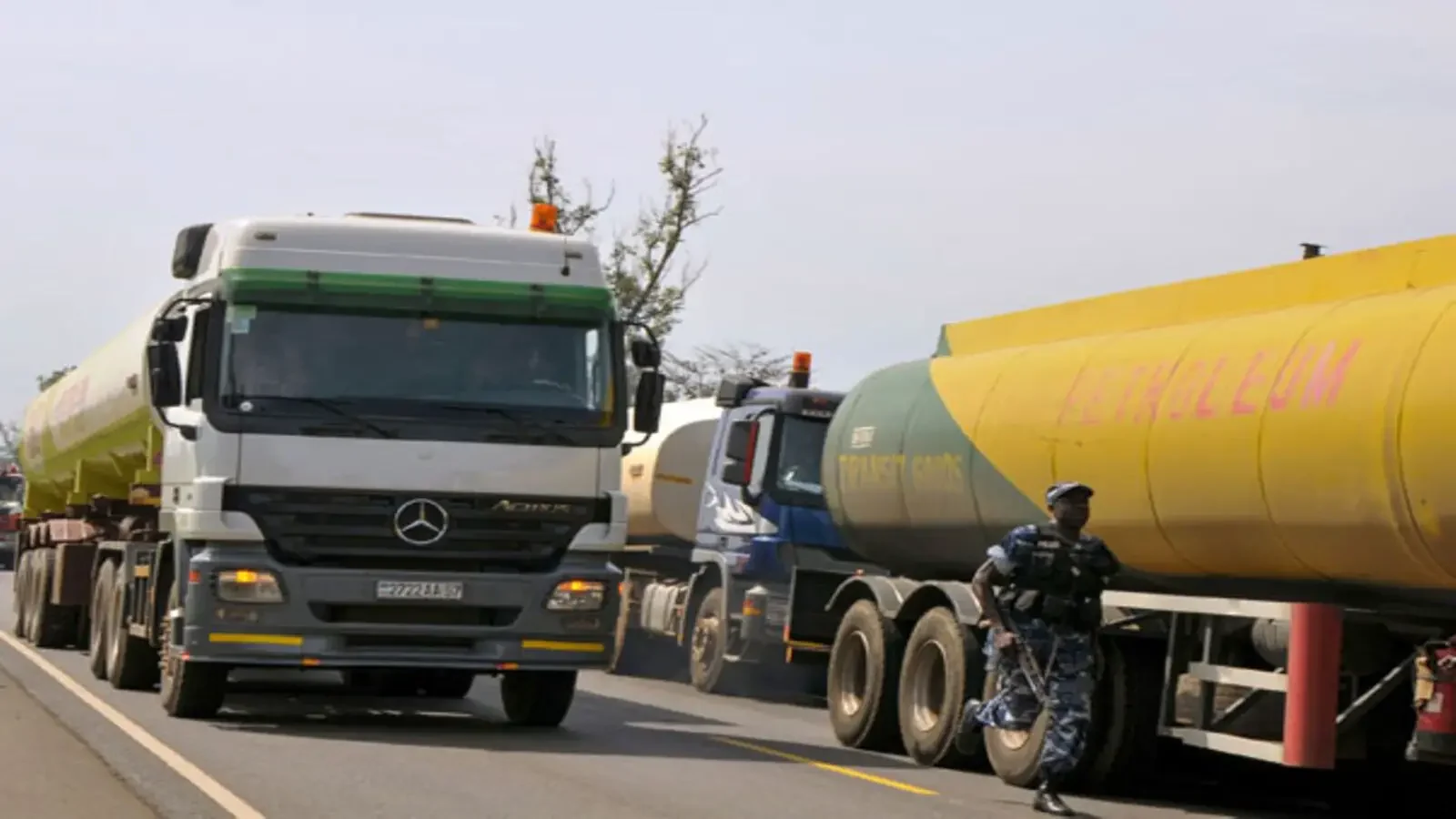Share
In order to investigate the prospect of enabling the state-owned Uganda National Oil Company (Unoc) to route its petroleum imports through Dar es Salaam, the Ugandan government has opened talks with Tanzania. Kenya has been opposing Unoc’s plan, approved by Ugandan legislation, to become the exclusive importer of petroleum products into Uganda since September of last year.
Kenya’s persistent resistance to the Unoc agreement, in the opinion of Ms. Ruth Nankabirwa, Minister of Energy and Mineral Development, threatens the stability of Uganda’s petroleum supply. Ms. Nankabirwa has communicated with Tanzanian officials in an effort to find a different way for petroleum imports to pass through Dar es Salaam.

In September, Unoc was first refused a petroleum import license by Kenya’s Energy and Petroleum Regulatory Authority (EPRA). Legal action by Kenyan people hampered the process, despite diplomatic efforts resulting in a directive from the Kenyan Minister of Energy instructing EPRA to relax requirements on Unoc.
Uganda requested the dismissal of Kenyan individuals’ legal challenge in an application filed with the High Court of Machakos. On November 7, 2023, the court granted an order preventing EPRA from granting Unoc the necessary license. The verdict from the court is anticipated on February 12, 2024.
In compliance with the direction of the President of Uganda, Unoc seeks to replace the Open Tender System (OTS) with the Government-to-Government (G-2-G) model of fuel imports. Under the G-2-G cooperation, Unoc intends to supervise petroleum importation in association with Vitol, a Dutch firm with its headquarters in Switzerland, using the authority granted by the Petroleum Supply Amendment Act, 2023. These items will be supplied by the government to Oil Marketing Companies (OMCs).
Unoc’s original role in carrying out this strategy was to ship goods to Kisumu via the Kenyan Pipeline, whereupon Ugandan vehicles would pick them up. However, this part of the plan has been hampered by Kenya’s opposition and hindrance.
Ms. Nankabirwa underlined the necessity of coming up with a long-term solution and admitted that the logistical difficulties might make the other way more costly. In order to make the new petroleum importation plan practicable, talks with Tanzania are being investigated, including the possibility of tax waivers.
Through Unoc, the Ugandan government is waiting for the East African Court of Justice’s decision on the Attorney General’s case, which asked EPRA to grant Unoc a license, to be resolved next week. More than 90% of Uganda’s petroleum imports come from Mombasa, Kenya, with other shipments coming from Dar es Salaam.









